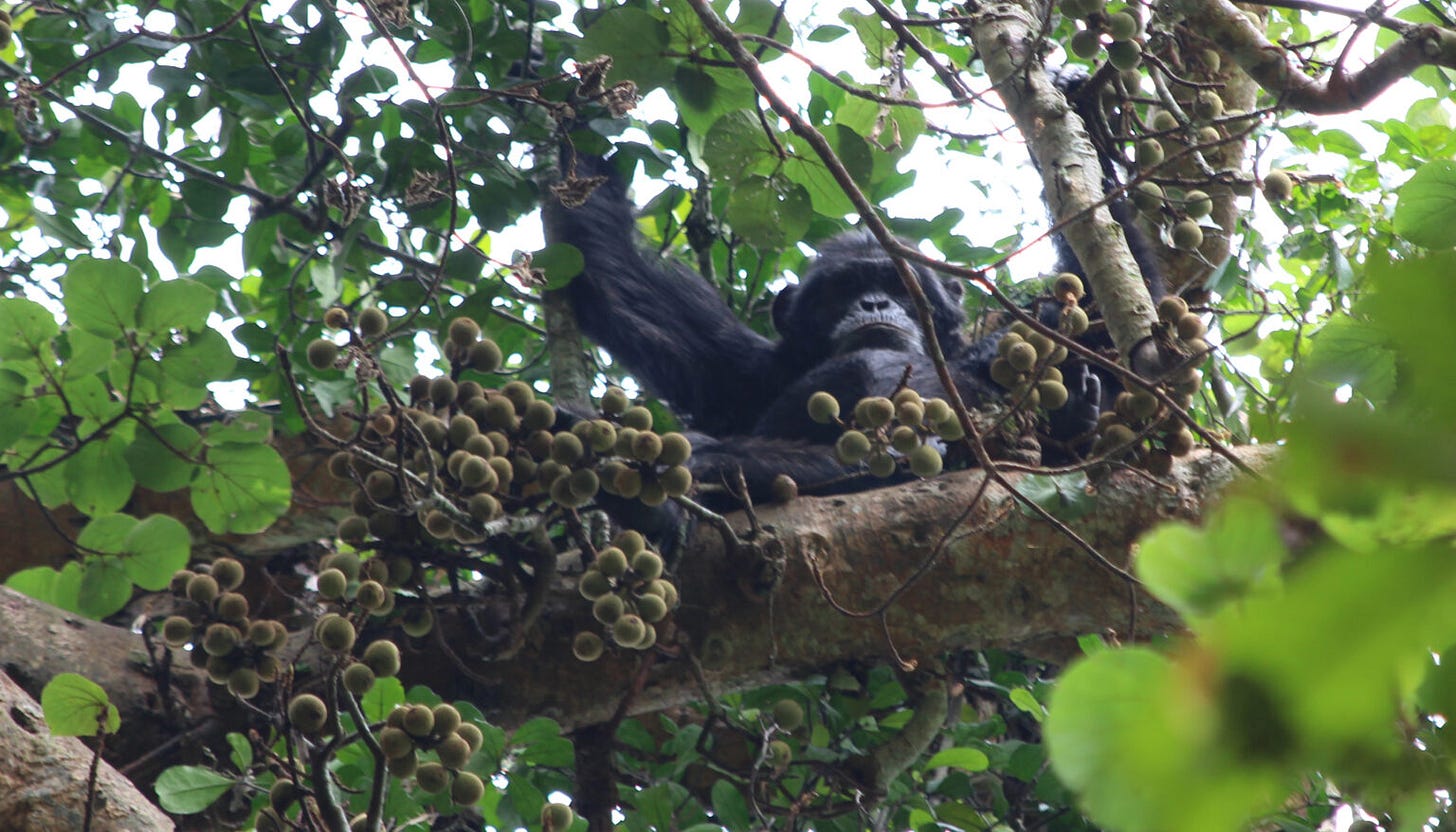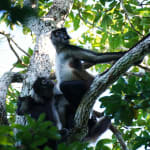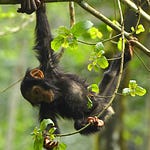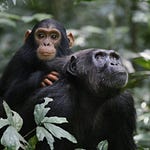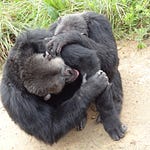In the tropical forests of Uganda and Côte d’Ivoire, chimpanzees spend hours each day in the treetops, reaching for figs, plums, and other ripe fruits. A new study in Science Advances1 shows these fruits hold more than sugar and fiber: they also contain measurable alcohol. This finding suggests that alcohol exposure has been a routine part of primate life for millions of years, long before the invention of brewing or winemaking.
“Across all sites, male and female chimpanzees are consuming about 14 grams of pure ethanol per day in their diet,” said Aleksey Maro of the University of California, Berkeley. “When you adjust for body mass … it goes up to nearly two drinks.”
